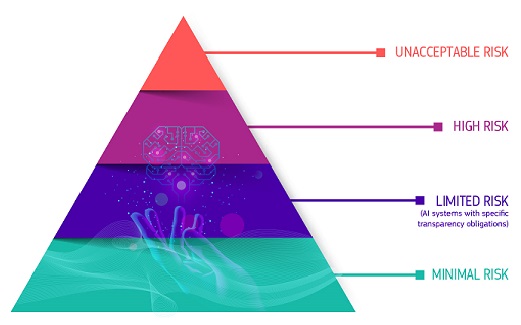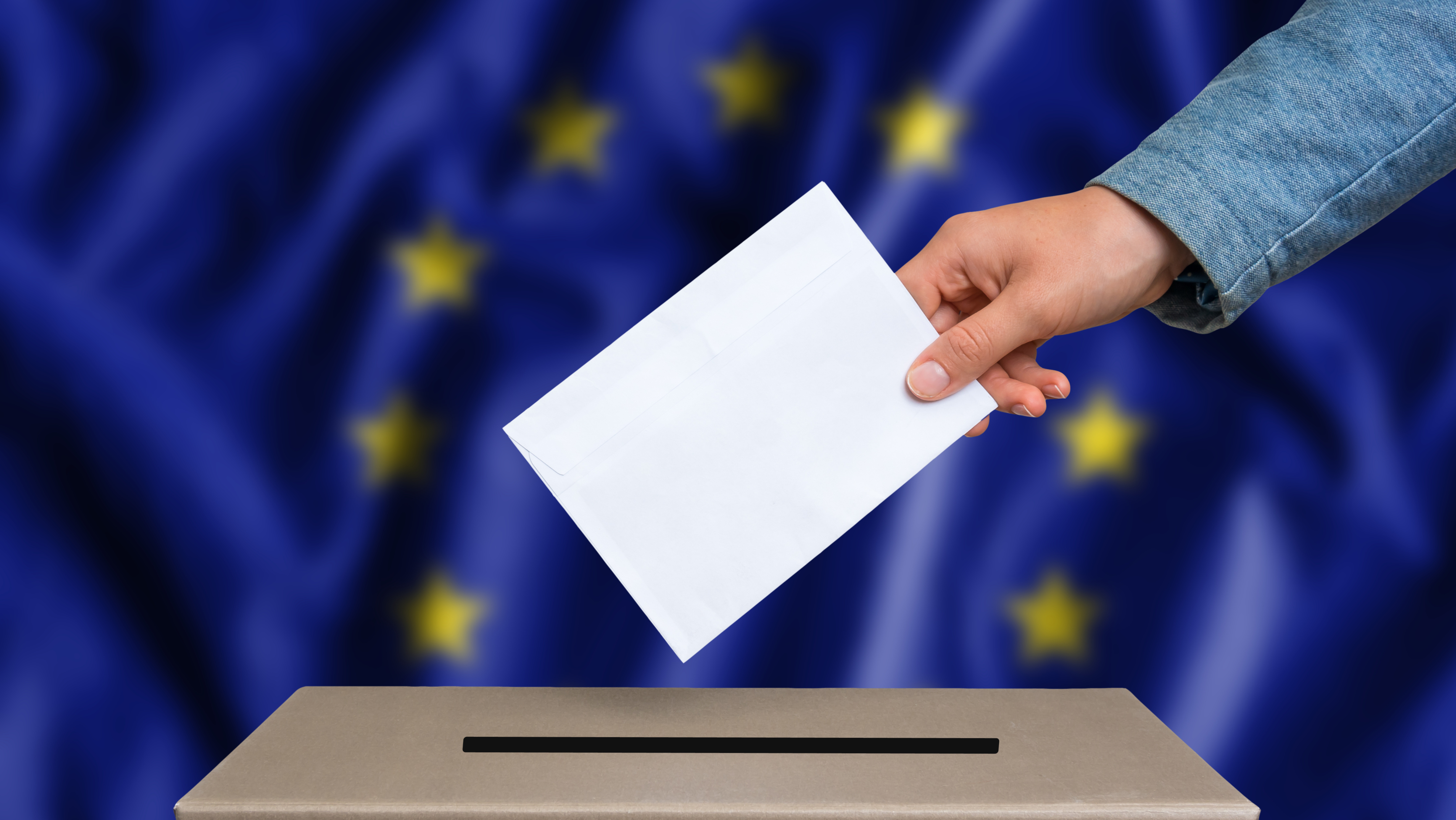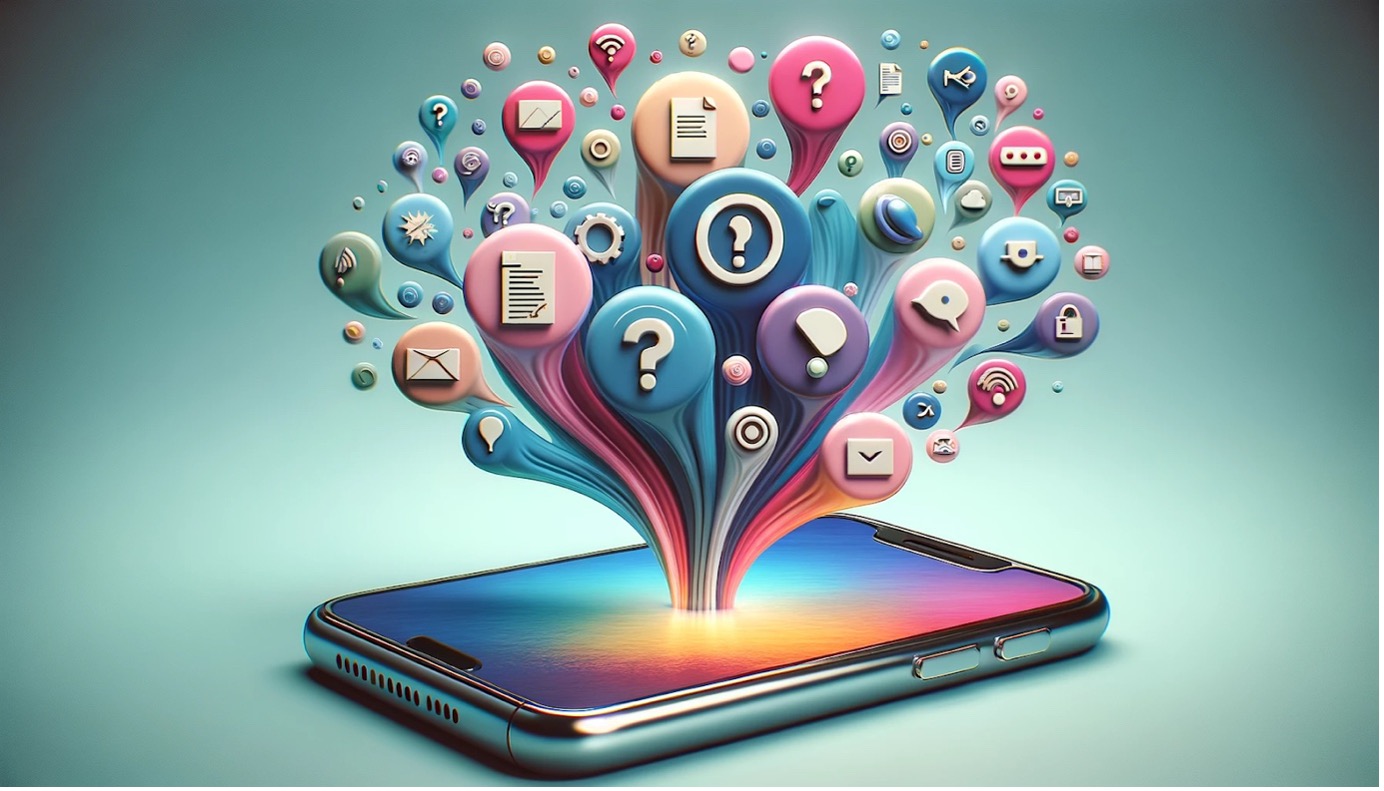Remember the last time you went to vote. Remember how you took the ballot and entered the voting booth with the candidate you long before settled upon firmly fixed in your mind. Or did you decide right there, on the spot? Or perhaps you changed your mind in fractions of a second before the vote stamp touched the ballot? Whether your vote results from careful deliberation and well-pondered expression of your political will or arises from a spontaneous last-moment decision, our minds can sometimes trick us into making decisions we are not fully aware of, delivering them back in the wrapping paper of rational choice. Some media outlets are both aware and actively exploiting these hidden mechanisms of our brains, ultimately impacting the results of the elections to fit the interests of the malevolent owners behind them. Here are two major ways:
Firstly, the media has the power to influence the outcome of an election campaign simply by deciding which candidate to cover and how much media time to allocate them. While media sources typically strive to maintain impartiality and allocate fairly equal coverage to all sides participating in elections, some of the candidates might be media owners themselves. It might also happen that some media owners decide to put journalist ethics in the drawer and “cooperate” with a candidate. Notwithstanding the candidates’ ingeniously crafted campaigns, it seems that the most significant aspect ultimately driving the results of elections is simply name recognition. The greater the exposure of a party/candidate’s name in the public sphere, the more likely their names will become lodged at the back of our minds and pop up when a decision is expected on our behalf.
There is more than a kernel of truth in Donald Trump’s (in)famous line, “Good publicity is preferable to bad, but from a bottom-line perspective, bad publicity is sometimes better than no publicity at all”. When voters who haven’t made up their minds are faced with the task of making a decision, high are the chances that they will go for the names that are recognisable merely because our brains chose familiarity over the unknown. What seemed to be your rational decision might turn out to be the result of the extended media exposure of a particular candidate. Generally speaking, in the media coverage of elections, it is not the quality of the coverage that matters most; instead, it is the quantity, as familiarity has the potential to overshadow substance. If this information falls into the wrong hands, it may be wielded against the voters’ interests, favouring a specific agenda.
Stemming from the innate preference for familiarity, we sometimes lack the intellectual courage to deeply challenge our already established views, instead opting for those pieces of information that will complement and validate what we already know, thanks to how prone we are to confirmation bias. In the current informational landscape, one no longer has to shy away from the articles that could potentially hurt their well-established (and obviously, the only possibly correct opinion), as the algorithms actively employed by social media are ready to curate your informational bubble with the aim of showing the information you are most likely to approve. While liberals and conservatives, radicals and moderates, leftists and rightists, “anti-vaxxers” and “Covid paranoids” might share the same Facebook/Instagram, they live in two different informational environments that rarely intersect online.
A paradoxical situation emerges: while formally having access to a multitude of views and perspectives, an average internet user is nowadays likely to remain trapped in an informational bubble filled up with people who have reassuringly similar thoughts on a given matter. A truly informed democratic debate would involve a conscious decision to step out of the bubble and face exposure to diverse perspectives that could shape a properly pondered final decision. However, our brains are somehow reluctant to do so, keeping us comfortably trapped within the chosen echo chambers.
When the next elections will knock at your door, asking your civic spirit to step up and vote, ask yourself: to what extent does my vote belong to me? Is the information I possess coming from reliable outlets presenting diverse viewpoints? While easily prone to manipulations and ready to opt for the most accessible and well-known solution, our brains still possess a remarkable feature— simply acknowledging a problem already prompts our minds to work on a solution.
Dare to know. Dare to vote with knowledge!
–
–
References:
Rogers, N. (2022). ‘Explore or Exploit? How Our Brain Makes Choices’, University of Mexico.
Remember the last time you went to vote. Remember how you took the ballot and entered the voting booth with the candidate you long before settled upon firmly fixed in your mind. Or did you decide right there, on the spot? Or perhaps you changed your mind in fractions of a second before the vote stamp touched the ballot? Whether your vote results from careful deliberation and well-pondered expression of your political will or arises from a spontaneous last-moment decision, our minds can sometimes trick us into making decisions we are not fully aware of, delivering them back in the wrapping paper of rational choice. Some media outlets are both aware and actively exploiting these hidden mechanisms of our brains, ultimately impacting the results of the elections to fit the interests of the malevolent owners behind them. Here are two major ways:
Firstly, the media has the power to influence the outcome of an election campaign simply by deciding which candidate to cover and how much media time to allocate them. While media sources typically strive to maintain impartiality and allocate fairly equal coverage to all sides participating in elections, some of the candidates might be media owners themselves. It might also happen that some media owners decide to put journalist ethics in the drawer and “cooperate” with a candidate. Notwithstanding the candidates’ ingeniously crafted campaigns, it seems that the most significant aspect ultimately driving the results of elections is simply name recognition. The greater the exposure of a party/candidate’s name in the public sphere, the more likely their names will become lodged at the back of our minds and pop up when a decision is expected on our behalf.
There is more than a kernel of truth in Donald Trump’s (in)famous line, “Good publicity is preferable to bad, but from a bottom-line perspective, bad publicity is sometimes better than no publicity at all”. When voters who haven’t made up their minds are faced with the task of making a decision, high are the chances that they will go for the names that are recognisable merely because our brains chose familiarity over the unknown. What seemed to be your rational decision might turn out to be the result of the extended media exposure of a particular candidate. Generally speaking, in the media coverage of elections, it is not the quality of the coverage that matters most; instead, it is the quantity, as familiarity has the potential to overshadow substance. If this information falls into the wrong hands, it may be wielded against the voters’ interests, favouring a specific agenda.
Stemming from the innate preference for familiarity, we sometimes lack the intellectual courage to deeply challenge our already established views, instead opting for those pieces of information that will complement and validate what we already know, thanks to how prone we are to confirmation bias. In the current informational landscape, one no longer has to shy away from the articles that could potentially hurt their well-established (and obviously, the only possibly correct opinion), as the algorithms actively employed by social media are ready to curate your informational bubble with the aim of showing the information you are most likely to approve. While liberals and conservatives, radicals and moderates, leftists and rightists, “anti-vaxxers” and “Covid paranoids” might share the same Facebook/Instagram, they live in two different informational environments that rarely intersect online.
A paradoxical situation emerges: while formally having access to a multitude of views and perspectives, an average internet user is nowadays likely to remain trapped in an informational bubble filled up with people who have reassuringly similar thoughts on a given matter. A truly informed democratic debate would involve a conscious decision to step out of the bubble and face exposure to diverse perspectives that could shape a properly pondered final decision. However, our brains are somehow reluctant to do so, keeping us comfortably trapped within the chosen echo chambers.
When the next elections will knock at your door, asking your civic spirit to step up and vote, ask yourself: to what extent does my vote belong to me? Is the information I possess coming from reliable outlets presenting diverse viewpoints? While easily prone to manipulations and ready to opt for the most accessible and well-known solution, our brains still possess a remarkable feature— simply acknowledging a problem already prompts our minds to work on a solution.
Dare to know. Dare to vote with knowledge!
–
–
References:
Rogers, N. (2022). ‘Explore or Exploit? How Our Brain Makes Choices’, University of Mexico.
Remember the last time you went to vote. Remember how you took the ballot and entered the voting booth with the candidate you long before settled upon firmly fixed in your mind. Or did you decide right there, on the spot? Or perhaps you changed your mind in fractions of a second before the vote stamp touched the ballot? Whether your vote results from careful deliberation and well-pondered expression of your political will or arises from a spontaneous last-moment decision, our minds can sometimes trick us into making decisions we are not fully aware of, delivering them back in the wrapping paper of rational choice. Some media outlets are both aware and actively exploiting these hidden mechanisms of our brains, ultimately impacting the results of the elections to fit the interests of the malevolent owners behind them. Here are two major ways:
Firstly, the media has the power to influence the outcome of an election campaign simply by deciding which candidate to cover and how much media time to allocate them. While media sources typically strive to maintain impartiality and allocate fairly equal coverage to all sides participating in elections, some of the candidates might be media owners themselves. It might also happen that some media owners decide to put journalist ethics in the drawer and “cooperate” with a candidate. Notwithstanding the candidates’ ingeniously crafted campaigns, it seems that the most significant aspect ultimately driving the results of elections is simply name recognition. The greater the exposure of a party/candidate’s name in the public sphere, the more likely their names will become lodged at the back of our minds and pop up when a decision is expected on our behalf.
There is more than a kernel of truth in Donald Trump’s (in)famous line, “Good publicity is preferable to bad, but from a bottom-line perspective, bad publicity is sometimes better than no publicity at all”. When voters who haven’t made up their minds are faced with the task of making a decision, high are the chances that they will go for the names that are recognisable merely because our brains chose familiarity over the unknown. What seemed to be your rational decision might turn out to be the result of the extended media exposure of a particular candidate. Generally speaking, in the media coverage of elections, it is not the quality of the coverage that matters most; instead, it is the quantity, as familiarity has the potential to overshadow substance. If this information falls into the wrong hands, it may be wielded against the voters’ interests, favouring a specific agenda.
Stemming from the innate preference for familiarity, we sometimes lack the intellectual courage to deeply challenge our already established views, instead opting for those pieces of information that will complement and validate what we already know, thanks to how prone we are to confirmation bias. In the current informational landscape, one no longer has to shy away from the articles that could potentially hurt their well-established (and obviously, the only possibly correct opinion), as the algorithms actively employed by social media are ready to curate your informational bubble with the aim of showing the information you are most likely to approve. While liberals and conservatives, radicals and moderates, leftists and rightists, “anti-vaxxers” and “Covid paranoids” might share the same Facebook/Instagram, they live in two different informational environments that rarely intersect online.
A paradoxical situation emerges: while formally having access to a multitude of views and perspectives, an average internet user is nowadays likely to remain trapped in an informational bubble filled up with people who have reassuringly similar thoughts on a given matter. A truly informed democratic debate would involve a conscious decision to step out of the bubble and face exposure to diverse perspectives that could shape a properly pondered final decision. However, our brains are somehow reluctant to do so, keeping us comfortably trapped within the chosen echo chambers.
When the next elections will knock at your door, asking your civic spirit to step up and vote, ask yourself: to what extent does my vote belong to me? Is the information I possess coming from reliable outlets presenting diverse viewpoints? While easily prone to manipulations and ready to opt for the most accessible and well-known solution, our brains still possess a remarkable feature— simply acknowledging a problem already prompts our minds to work on a solution.
Dare to know. Dare to vote with knowledge!
–
–
References:
Rogers, N. (2022). ‘Explore or Exploit? How Our Brain Makes Choices’, University of Mexico.






















































































































































